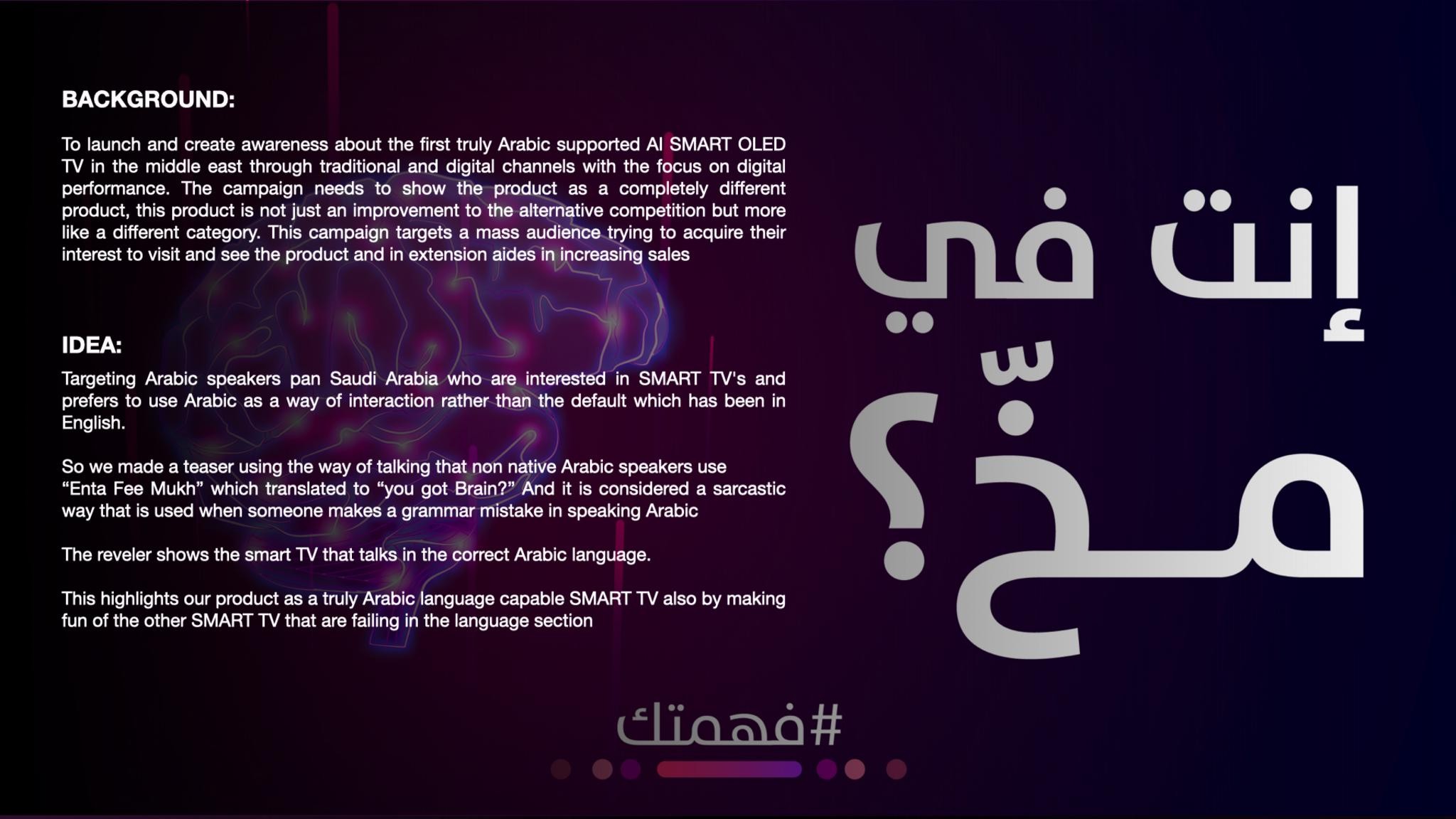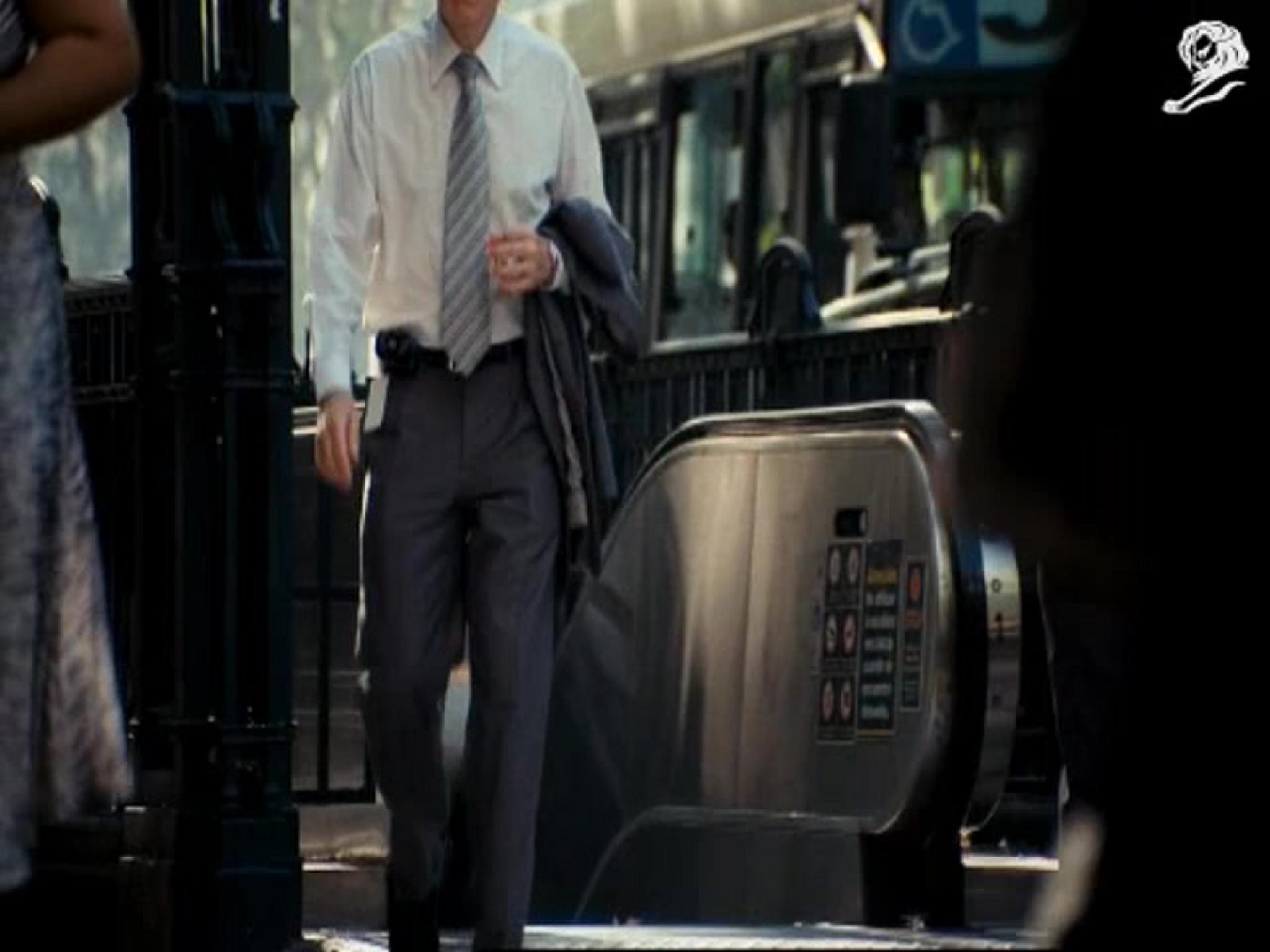Cannes Lions
Facebook Pavilion at World Economic Forum, Davos
SMYLE, Hertford / FACEBOOK / 2020

Overview
Entries
Credits
OVERVIEW
Background
The World Economic Forum, Davos, is the foremost event for engaging the world’s top leaders in conversation to shape the global, political, regional and business agendas each year.
In order to be at the forefront of new and innovative ways to approach sustainable events, Facebook’s aim was to significantly reduce, and measure, the environmental impact of their activation, with an emphasis on eliminating plastic waste. This in turn would create a benchmark from which future activations could be developed, as well as illustrating Facebook’s commitment to sustainability, as part of their longer-term roadmap for both their event strategy, and their broader sustainability mission as a company.
Sustainability was set as the core principle of everything we did; spanning design, build and operations. Priority themes were set as:
A core issue: Zero plastic waste
A data set: Measure our impact
A detailed plan: Roadmap for tomorrow
Idea
Aligned to the sustainability principles of the project, was an ambition to make the design and build of the Pavillion as high-quality and premium as possible, ensuring we prove that sustainability doesn’t mean compromise; it can be as beautiful as it is responsible.
The project and design was completely driven by a sustainable strategy and a sensitive architectural design approach - reduce build time and transport, select materials that reduce environmental impact and waste and space planning and technical designs that both maximise heat efficiency and minimise power and water consumption.
The event space itself provided a cross-functional experiential space, Facebook’s home from home, where members of the WEF audience were welcomed to learn the story of the social good Facebook brands are creating in the world.
The Pavillion housed a broadcast studio, a series of private meeting rooms & an event space that hosted talks, dinners & evening receptions.
Strategy
Our new approach to Davos 2020 was critical to align with Facebook’s broader sustainability mission, where they “recognised the urgency of climate change and committed to help tackle this global challenge.”
The only way to meaningfully understand the impact of an event like Davos is to measure it. We created a clear set of metrics to adhere to and then accurately measured against, in order for us to understand the true impact of the event. With understanding came the capacity to plan and set meaningful targets.
The project sustainability strategy was built upon three pillars:
Gather: Baseline and performance data of event operations
Act: Implement positive change wherever possible with immediate effect
Plan: Event report and learnings to inform future events
We aimed to set new standards of sustainability for the design, build and operation of the event space, leading the way for all other events.
Execution
A critical item considered in the adoption of sustainable strategy was a collective Manifesto Policy that all partners agreed to. At its core, the policy set the founding principles and commitments upon which the group could act.
We developed tracking, measurement and reporting methodologies, and implemented due diligence in our sourcing and procurement processes. We continually evolved methods within our experience design and fabrication practices so that we were able to implement sustainable measures across all elements of the project.
The full supply chain was interrogated to ensure that all material choices, transport and packaging were considered, managed and looped into a circular economy.
The planning process lasted 7 months. The build was executed across 14 days. Over 2,000 people were welcomed into the Pavillion for 5 days of private meetings, hosted talks, broadcasts and a programmed series of events. The derig took place over 7 days.
Outcome
Facebook’s presence was hugely successful with a build commended by WEF for being forward thinking around sustainability. A comprehensive sustainability report was published to help take our learnings and apply them to other events
We delivered an event where plastic was either eliminated, reused, or repurposed. We applied resources to mapping the full plastic inventory of Davos - working with our supply chain . We contributed to the sustainability of Davos by creating a benchmark and understanding our impact through measurement. We collected data on a broad set of issues such as Transport, Resource Use, Procurement and Waste. We published our learnings for future planning across all events.
In addition to the above, we delivered against our goals:
0% plastic waste
0% food waste
90% sustainable wood construction
100% renewable energy
100% plant-based, locally sourced menu
Similar Campaigns
12 items




